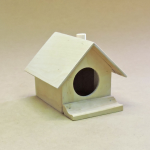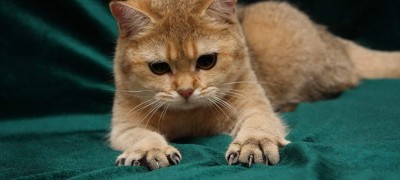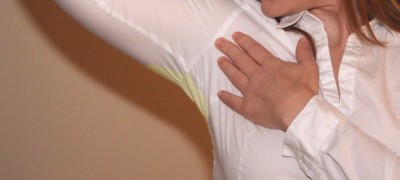How to wash your hamster at home
The hamster is a very clean animal, he bathes himself several times a day. However, many novice breeders often ask themselves - is it possible to bathe a hamster and is it necessary? And how to wash your hamster yourself without harming it.

Veterinarians agree that this animal does not feel the need for regular bathing, but there are times when this procedure is necessary.
Why water is dangerous for hamsters
These small rodents are not very fond of water, so any bathing will turn out to be stressful for them. And due to the fact that the villi of the hamster's fur are too thin, it gets wet quickly and dries poorly. This is fraught with colds, bronchitis, and even more serious diseases.
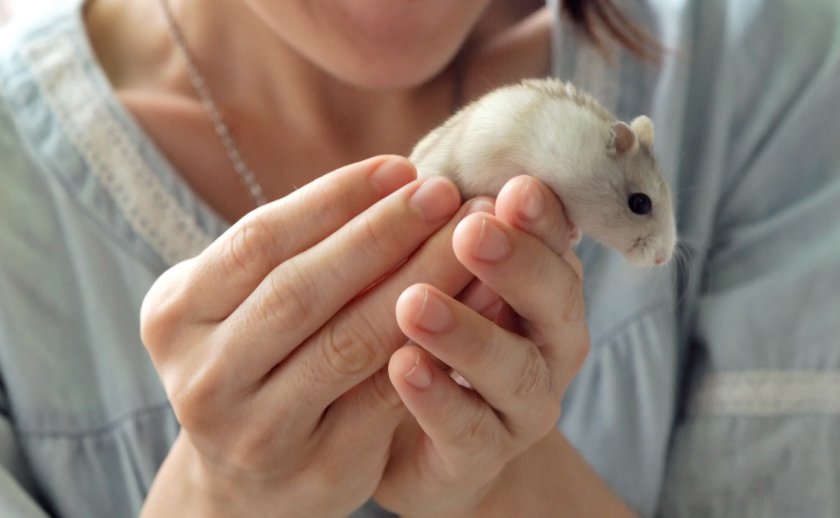
Also, the ears of hamsters, due to their size and structure, are very sensitive to moisture. Water enters there easily, but shaking it out is very difficult. It quickly penetrates the middle ear and provokes inflammation. Therefore, you should not wash the animal unnecessarily.
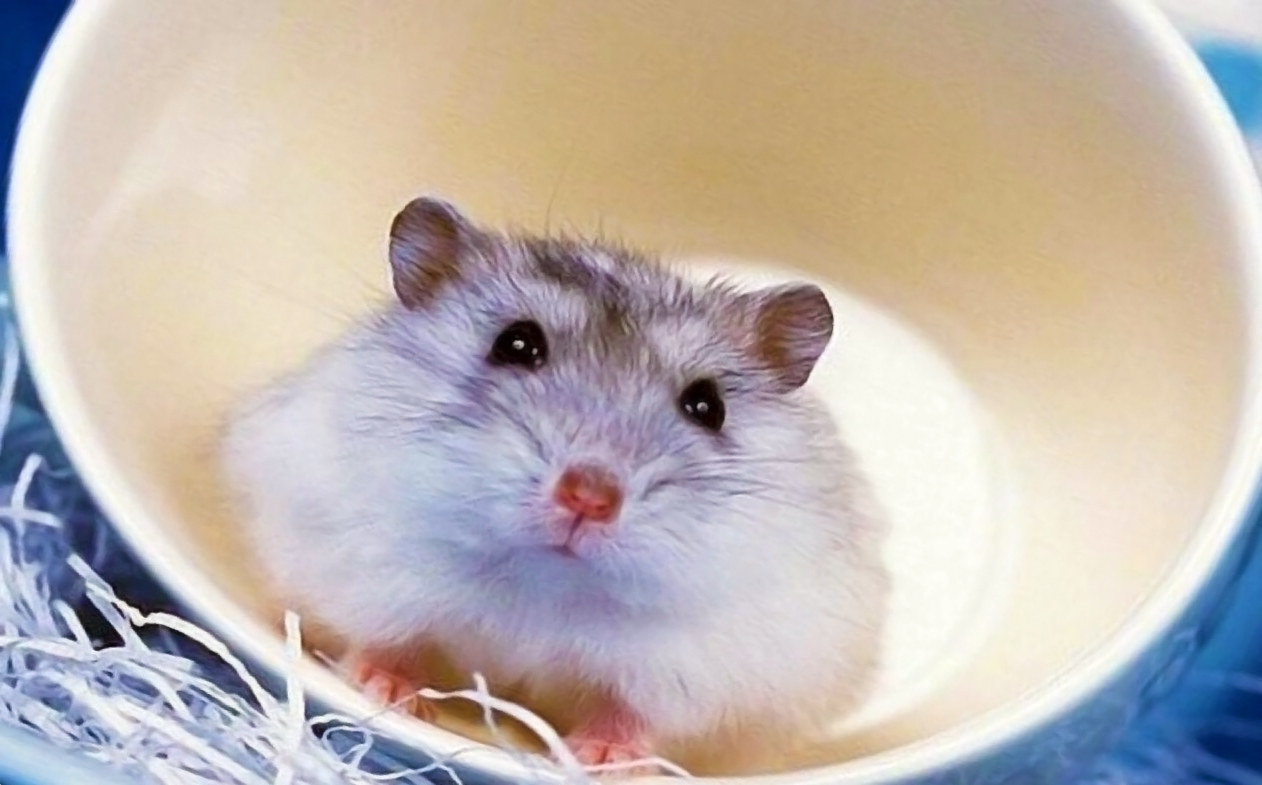
When bathing is justified
-
There are only a few exceptions to which a hamster needs to be bathed:
- Fleas appeared.
- The pet cannot cleanse itself.
- A product that is sticky, greasy or hazardous to health (household chemicals, glue, etc.) has got on the fur.
Note! You cannot wash an animal that is new to the family. The owner is a stranger to him who cannot be trusted yet. Bathing in this case will be perceived as a direct threat to life and the hamster will defend itself. This will be a nervous shock for both the animal and the owner.
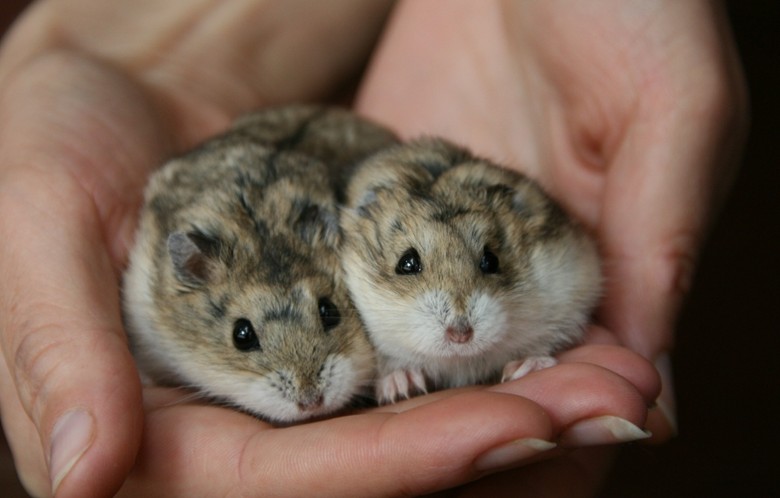
How to bathe hamsters at home
Features of washing hamsters depend on the breed of the animal and, accordingly, its size, fur structure, character. But there are conditions that must be met for all rodents:
- The water should be warm - 34-36C.
- Before bathing, the water must be disinfected with a weak solution of potassium permanganate. Hamsters are very sensitive to germs and bacteria.
- It is necessary to lower the animal into the water in stages, giving an opportunity to get used to it. When the hamster ceases to be afraid, he himself will get off the palms of his hands to swim.
- After bathing, dry the hamster well with a towel.
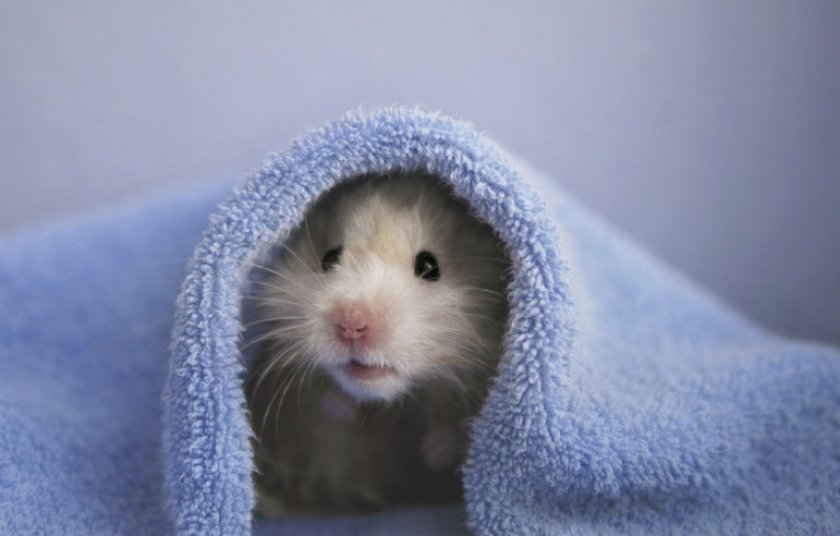
Important! Hamsters can swim, but this is an extreme situation for them. Don't leave them alone at this moment!
When using water treatments, it is not recommended to use human soap or shampoo, this can lead to dry skin and dandruff. Serious allergic reactions are not excluded.
In pet stores, you can buy special products for cleaning rodents. They are safe on fur and skin, but may cause intestinal upset or poisoning if swallowed. Therefore, during the bathing process, it is necessary to control the ingress of shampoo on the muzzle.
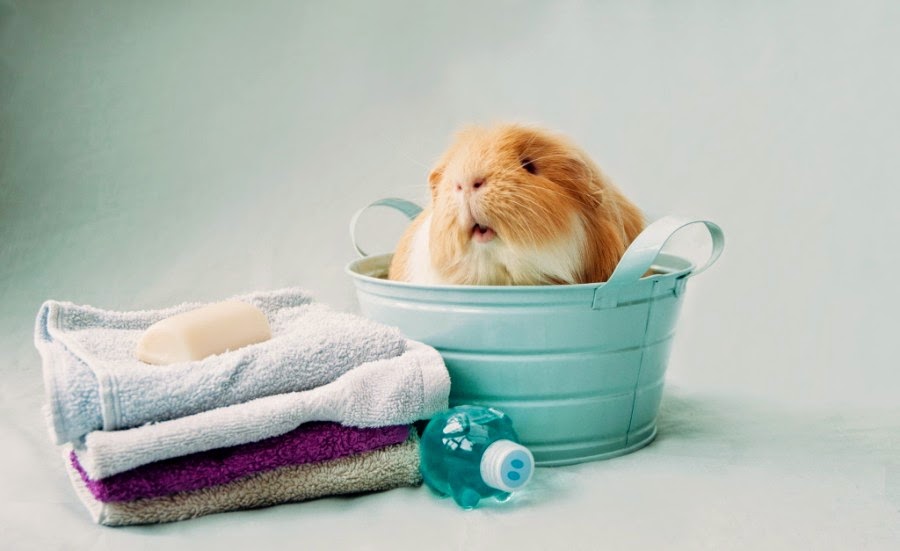
Features of bathing dzungariks
The Dzungarian hamster is a small, very curious rodent - one of the cleanest representatives of this family. The dzhungarik spends most of the time putting his face and body in order.
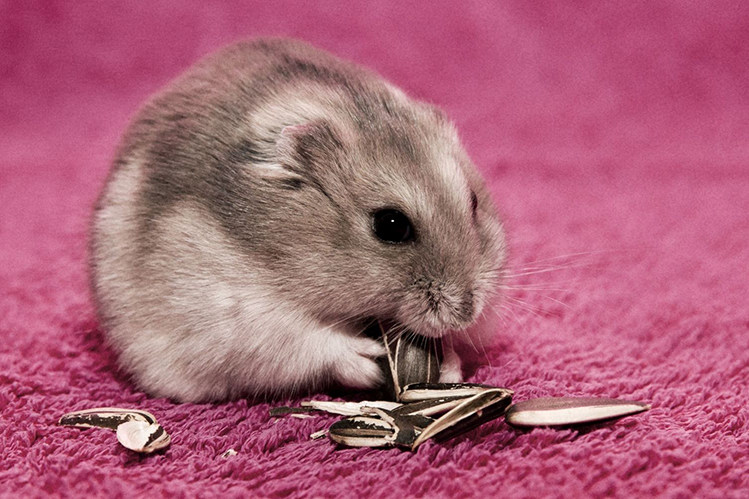
He tolerates water normally, but it is better to arrange for him to swim in the sand. For a dzhungarik, this will be a useful entertainment for pleasure.
How to bathe Syrian hamsters
The Syrian hamster breed differs from others in that it tends to mark the territory, as a result of which his house and he himself have a specific smell.

If the question of cleaning the house is clear - to wash and change the bedding as often as possible, then getting rid of the smell of the animal itself is much more problematic.
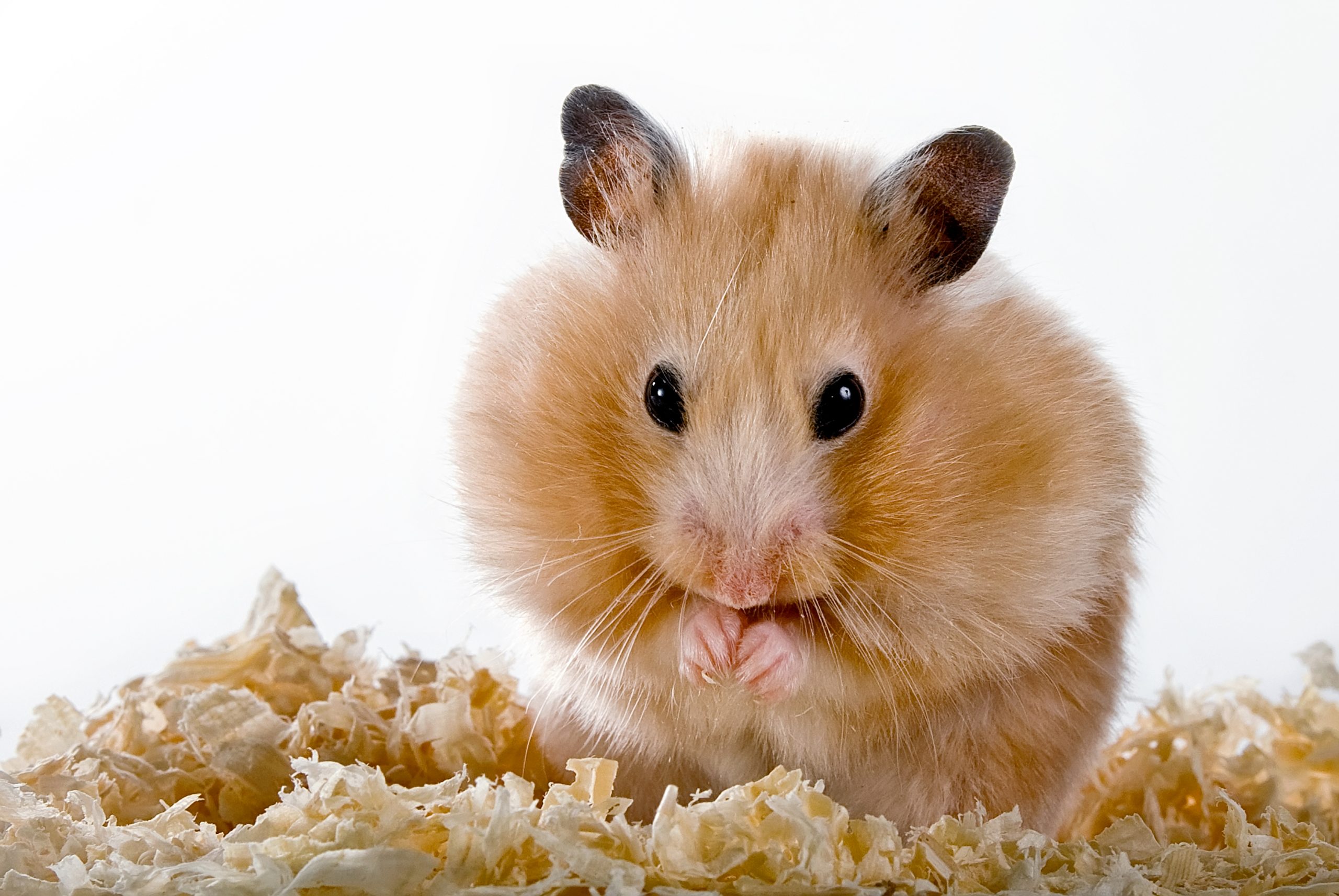
General bathing conditions for "Syrians" remain the same as for all domestic rodents, with only one caveat - these hamsters do not tolerate water. Therefore, the best way to wash your pet is sand baths or special veterinary wipes.
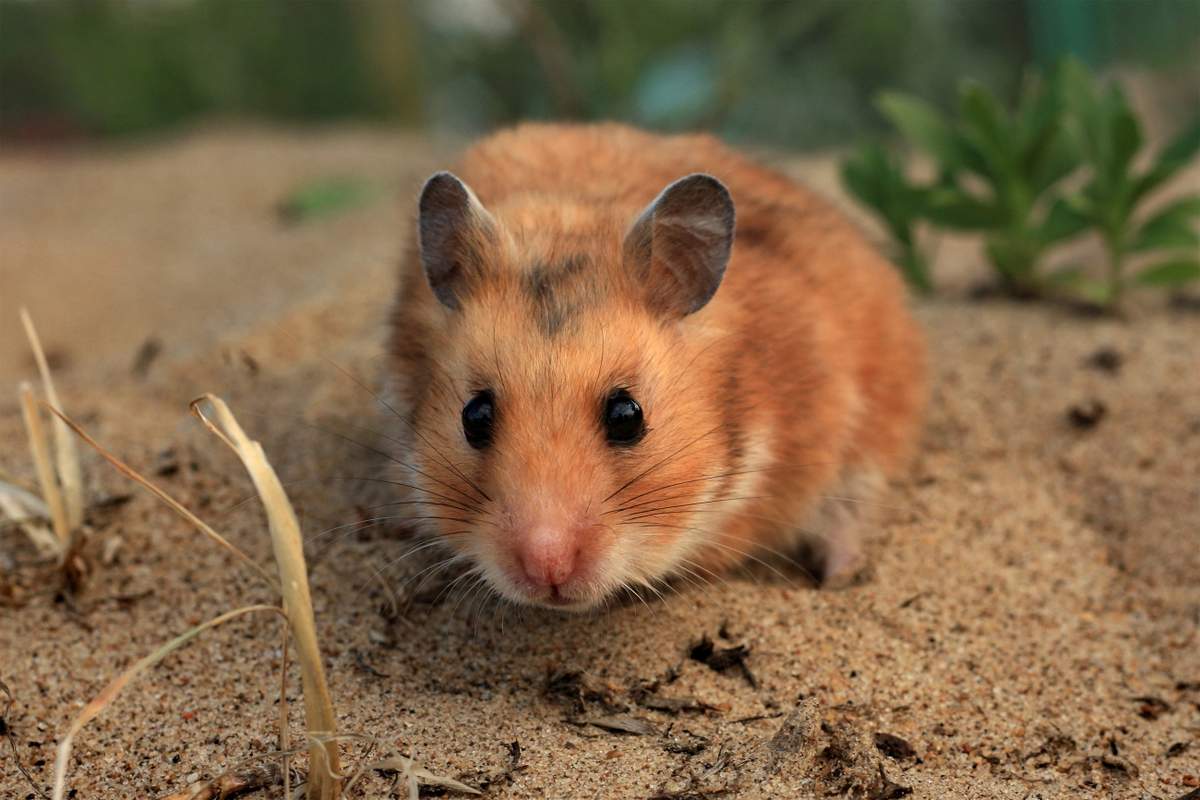
Features of swimming in the sand
Pet shops and veterinary pharmacies offer a wide variety of pet rodent care products. Since it is not recommended to use water to wash them, special sand for hamsters is an alternative to it. Sand for chinchillas is not quite suitable, as it is too fine, the hamster can easily inhale it and damage the respiratory tract.
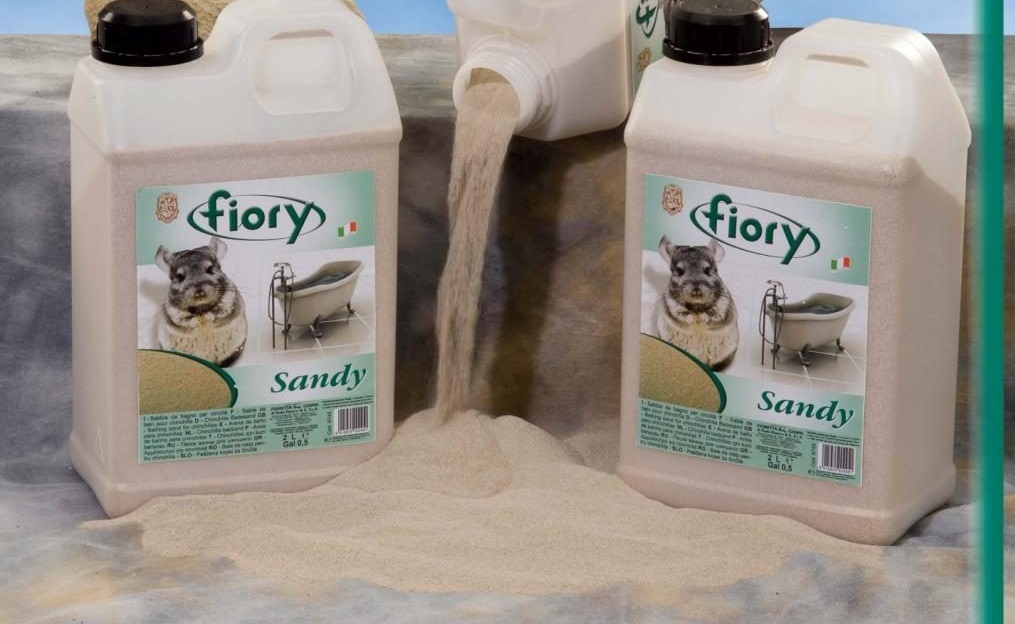
A small deep container must be filled with sand, approximately 2/3. Run the hamster there, and then he will figure it out himself. After your pet is cleaned, you need to remove the remnants of the sand mixture from the coat. This can be done with a special brush.
Riding in the sand, the hamster will not only clean the fur well, but also sharpen the claws.
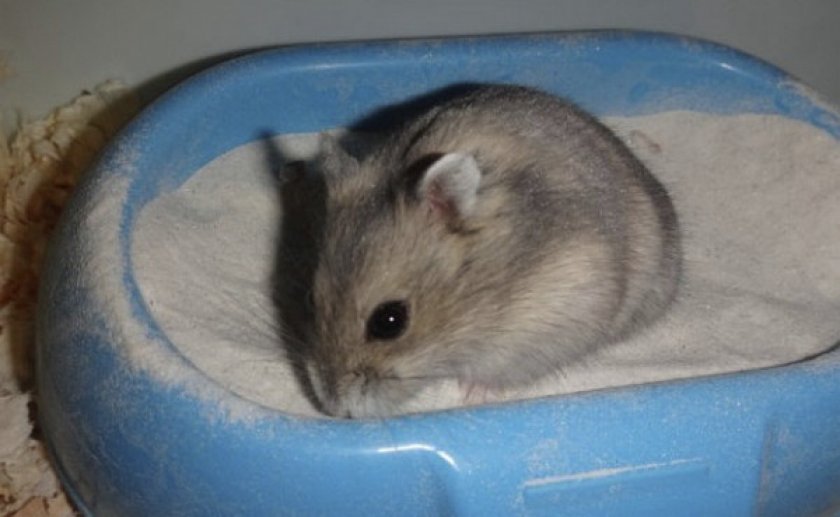
On a note! Try to choose a container with high enough sides, since sand is the natural habitat of fluffy rodents, they will definitely rummage in it, scattering around them. This is the cleaning element.
For hamsters, sand bathing is the best hygiene option, but it shouldn't be overused. If your pet comes into contact with sand too often, his skin will become dry and lose its natural protective properties. And if you leave the bath in the cage for a long time, the animal will begin to perceive it as a toilet.
Therefore, veterinarians recommend bathing no more than once a week.
How to use cotton pads and wet wipes
If your fluffy rodent is partially dirty and is not able to clean the fur itself, you can help it with improvised means.
To do this, you need a cotton pad and warm water. Gently wipe the dirty area with a damp sponge. Try not to wet the coat too much so that you do not have to dry it for a long time. Wipe off dirt strictly in the direction of fur growth. Then dry the hamster with a towel.
You can also use wet wipes. For this procedure, either children's hypoallergenic wipes without fragrances, or special ones, which can be purchased at a pet store, are suitable.
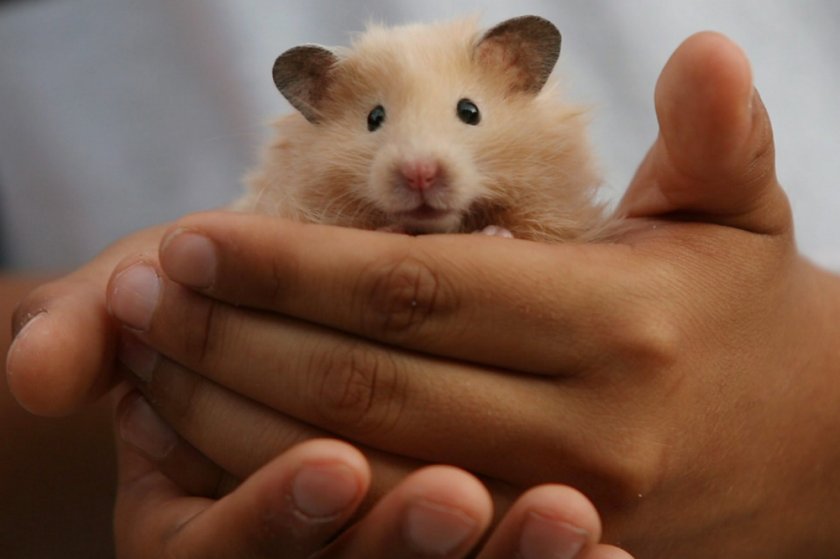
When to skip bathing
Hamsters, especially Syrian hamsters, do not like water and do not experience the joy of bathing.Therefore, it is advisable to avoid water procedures altogether or to perform only if absolutely necessary.
If your animal seems dirty to you, watch him for a while, perhaps he will solve this problem on his own.
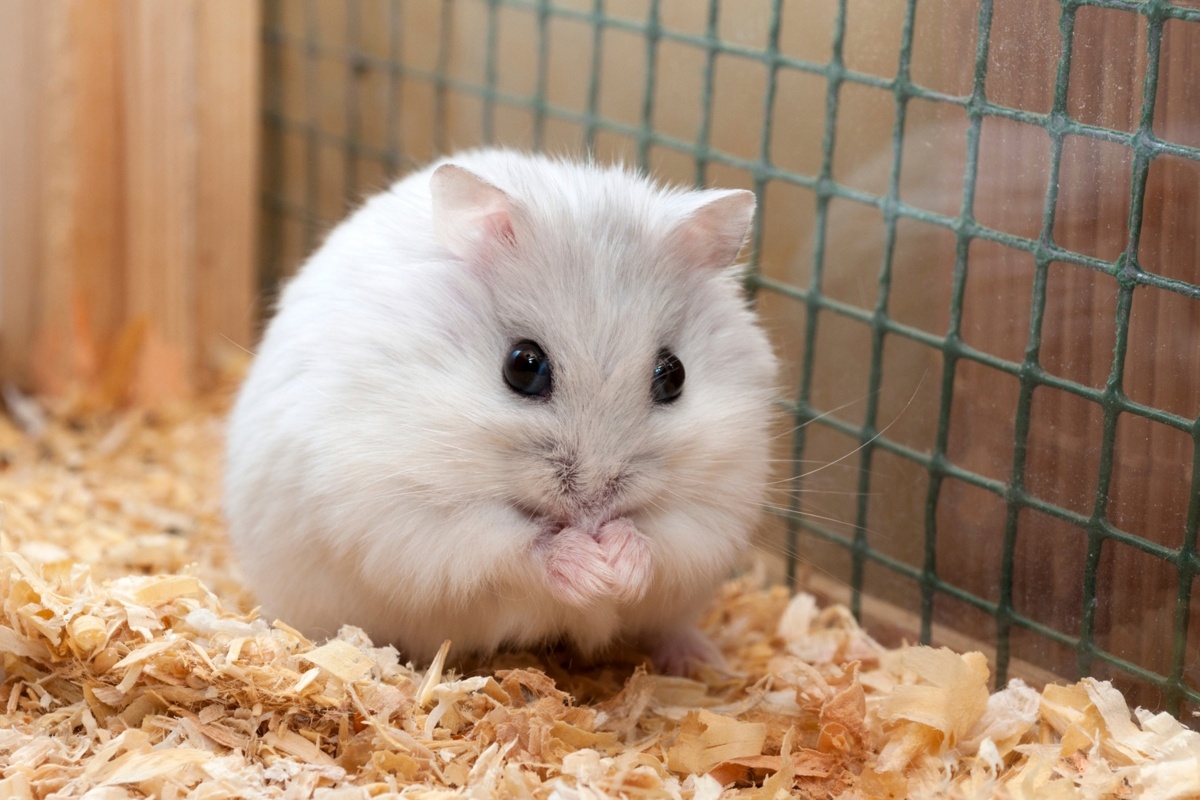
Do not give your hamster a bath right away if:
- It got a little dirty. Rodents are clean by nature. It will wash itself or you can remove the dirt with a napkin.
- If an unpleasant smell comes from the animal, first of all, clean up the order in the cage. If it still stinks, take your pet to the doctor - an unpleasant smell from a rodent speaks more of its ill health than uncleanliness.
- If he was running on the floor or down the street. Nature has laid down that wool protects the animal's body from bacteria and viruses, so it is unlikely that a hamster will become infected with something.

How to dry a hamster
After taking a bath, the hamster must be thoroughly dried. Dzungarik can be wiped dry with a towel, but you will have to tinker with the Syrian's fur. If the animal is tame and completely trusts you, then you can try a hair dryer with warm air, at low speeds.
Try to calm down the animal beforehand, to caress it. Direct the hair dryer gradually, if you see that the hamster is very nervous - stop manipulating and use a towel.
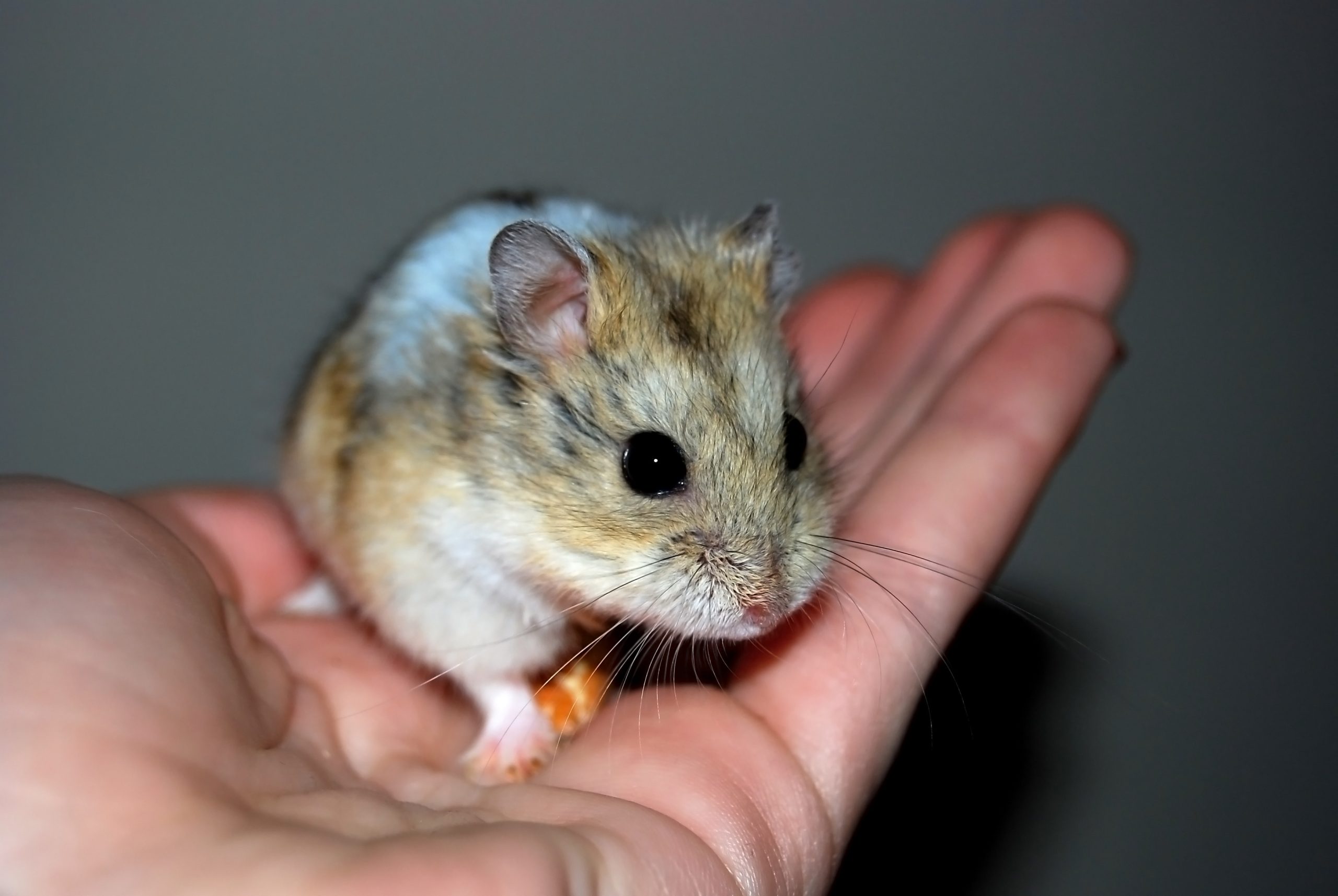
The wool must be blotted in several stages until it dries completely. Do not rub the fur, the hamster will be unpleasant and painful.
After the fur is dry, place the pet in the cage on a dry, thick cloth and place in a warm, draft-free place.
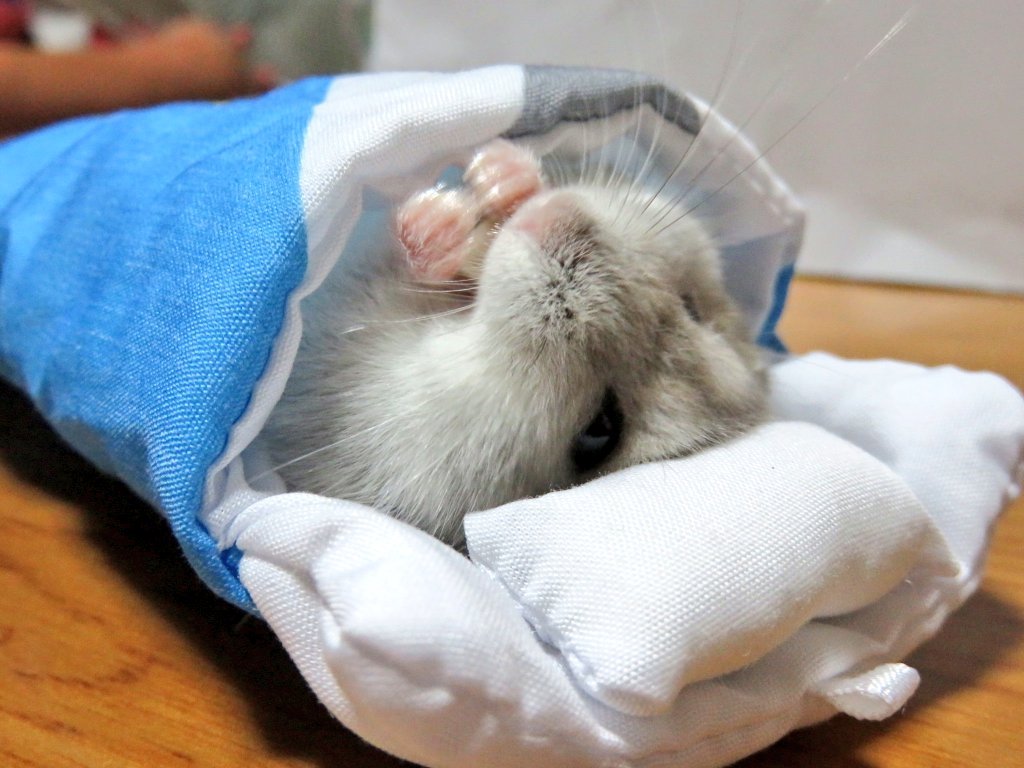
Note! If your hamster's undercoat is not dry enough after swimming in water, there is a risk of developing lichen!
Hamster care rules
If you want to have a living creature at home, which is interesting to watch and which does not require special care and walking, then a hamster fits this category perfectly.
The only troublesome moment is that all hamsters are active at night, so at this time of day they will fiddle, puff and even squeak. They do not need your attention at this time, so you can simply move the cage to another room.

Choosing a house
Do not put your new pet in a bottle or aquarium - such dwellings are poorly ventilated and quickly "suffocate". Moreover, the stale air can make your little friend sick.
It is best to purchase a cage - with or without bells and whistles - depending on your financial situation. The hamster will feel comfortable in a warm, clean and dry home, and all play equipment is an optional pleasant addition.
Note! A cage with tunnels is much more difficult to clean properly. Plus, the hamster will use the tunnels as a store of food in reserve, and he will have to clean up his house more often.
If you have a heterosexual couple, then you need to buy a cage of such a size that each pet has a personal space.
A hamster is a burrowing animal, so paper (just not a newspaper, printing ink emits a toxin that is dangerous for a small animal) or sawdust is suitable as a bedding. In pet stores, you can purchase a special filler for rodents - it absorbs moisture well and prevents the spread of odors.
Nutrition
The hamster will try whatever you offer him, but it is best to feed him a special mixture that contains all the nutrients and vitamins the animal needs. Periodically, 2-3 times a week, you can pamper your pet with fresh vegetables and fruits.Try to use ripe hard fruits - cucumber, apple, pumpkin - for treats. You can give greens.

The sweet, soft fruits will stain the cage and the animal and may also cause diarrhea. Sweets, chocolate, baked goods are categorically contraindicated for rodents.
Don't forget about drinking! There should always be a drinking bowl filled with fresh water in the house.
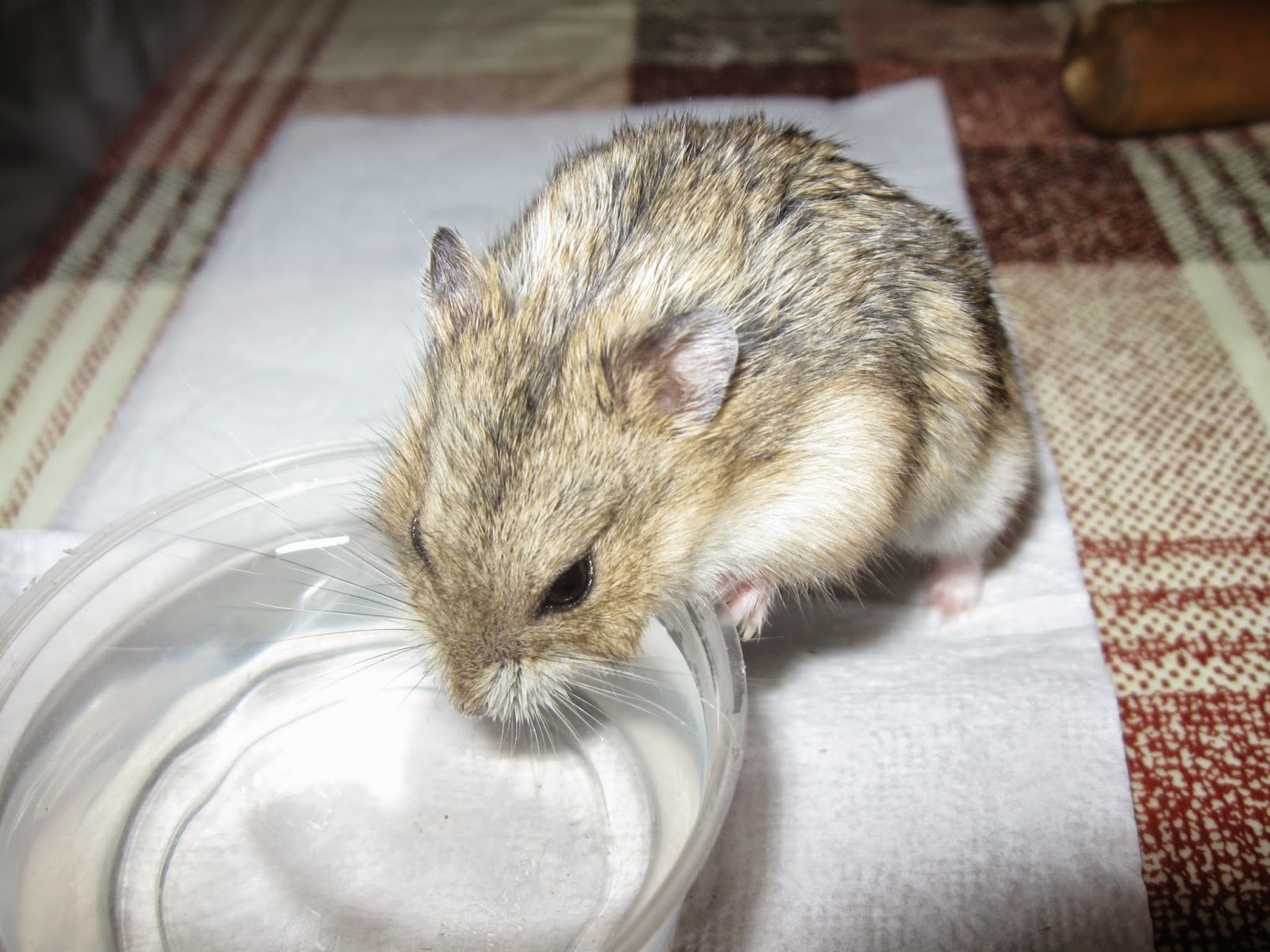
Conclusion: the hamster is clean, unpretentious in food, does not require special care. You can bathe your hamster, but you don't need to.

Important! A hamster is not a soulless toy, but a living thinking creature, and before you start it, think about whether you can surround the animal with care and love. If yes, then you will get a cute, funny animal that will bring joy to your home.
Video: many useful tips and tricks for bathing your hamster
https://youtu.be/q-a8aMylYAg


